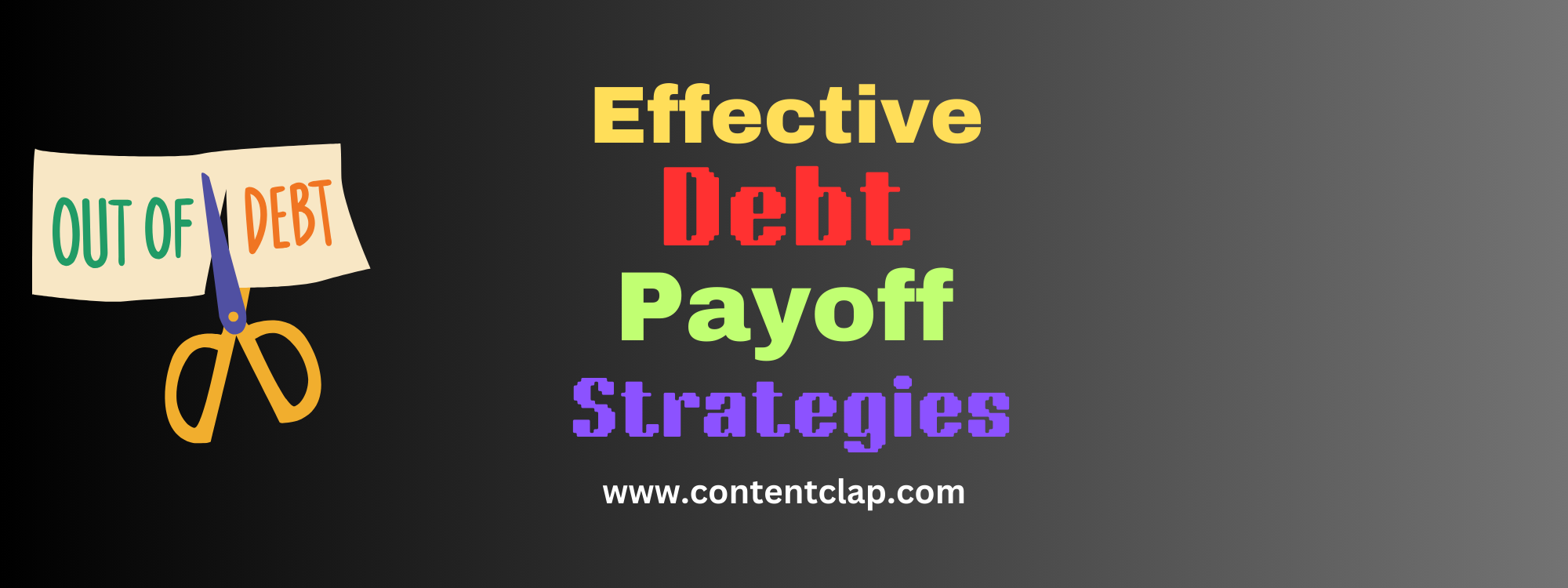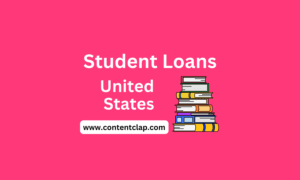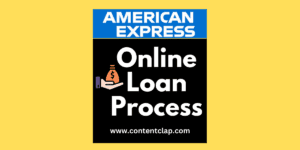Effective Debt Payoff Strategies: In today’s economic landscape, many Americans grapple with various forms of debt, from credit card balances to student loans and mortgages.
The burden of debt can be overwhelming, but with the right strategies and determination, it’s possible to regain control of your financial future.
Here we will explore proven debt payoff strategies tailored to the unique financial environment of the United States.
Effective Debt Payoff Strategies
Debt can be a significant financial burden, hindering your ability to save, invest, and achieve long-term financial goals.
However, with the right strategies, you can effectively pay off your debt and regain control of your finances.
Understanding Your Debt
Before diving into specific payoff strategies, it’s crucial to have a clear picture of your financial situation. Start by:
1. Listing all debts: Compile a comprehensive list of all your debts, including credit cards, personal loans, student loans, and mortgages.
2. Noting interest rates: Record the interest rate for each debt, as this will play a key role in determining your payoff strategy.
3. Minimum payments: Document the minimum payment required for each debt.
Popular Debt Payoff Methods
1. The Debt Snowball Method: The debt snowball method, popularized by financial guru Dave Ramsey, focuses on paying off your smallest debts first, regardless of interest rates. Here’s how it works:
- List your debts from smallest to largest.
- Make minimum payments on all debts except the smallest.
- Put any extra money towards the smallest debt.
- Once the smallest debt is paid off, move to the next smallest.
2. The Debt Avalanche Method: The debt avalanche method prioritizes paying off debts with the highest interest rates first. This approach includes:
- Listing debts from highest to lowest interest rate.
- Making minimum payments on all debts.
- Applying extra funds to the debt with the highest interest rate.
- We are moving to the next highest interest rate debt once the first is paid off.
3. Debt Consolidation: Debt consolidation involves combining multiple debts into a single loan or credit card, often with a lower interest rate. Options include:
- Balance transfer credit cards: Offering 0% APR for an introductory period
- Personal loans: Fixed-rate loans used to pay off high-interest debts
- Home equity loans or lines of credit: Using your home’s equity to secure a lower interest rate
Accelerating Your Debt Payoff
Create a Budget: A well-planned budget is the foundation of any successful debt payoff strategy. Use budgeting apps or spreadsheets to:
- Track income and expenses
- Identify areas to cut spending
- Allocate more money towards debt repayment
Increase Your Income: Boosting your income can significantly speed up your debt payoff journey. Consider:
- Side hustles: Freelancing, driving for ride-share services, or selling items online
- Overtime or part-time work: Taking on extra hours at your current job or finding a part-time position
- Negotiating a raise: Presenting your value to your employer and requesting a salary increase
Automate Payments: Set up automatic payments for at least the minimum amount due on each debt to avoid late fees and potential credit score damage.
Automation ensures you never miss a payment and can help you stay committed to your debt payoff plan.
Dealing with Specific Types of Debt
Credit Card Debt: Credit card debt often carries high interest rates, making it a priority for many Americans. Strategies include:
- Balance transfer offers: Moving high-interest debt to a 0% APR card
- Negotiating with creditors: Asking for lower interest rates or hardship programs
- Debt management plans: Working with a credit counseling agency to potentially lower interest rates and consolidate payments
Student Loan Debt: With student loan debt reaching unprecedented levels in the US, many graduates are seeking relief. Options include:
- Income-driven repayment plans: Adjusting payments based on income and family size
- Public Service Loan Forgiveness (PSLF): Forgiving remaining balances after 120 qualifying payments for eligible public service workers
- Refinancing: Potentially lowering interest rates through private lenders (note: this may forfeit federal loan benefits)
Mortgage Debt: While mortgages are often considered “good debt,” there are still strategies to pay them off faster:
- Biweekly payments: Making half your monthly payment every two weeks, resulting in an extra payment each year
- Refinancing: Securing a lower interest rate or shorter loan term
- Recasting: Paying a lump sum towards the principal and re-amortizing the loan
The Role of Emergency Funds
While focusing on debt payoff, it’s crucial not to neglect your emergency fund. Financial experts recommend having 3-6 months of living expenses saved.
This fund prevents you from accumulating new debt when unexpected expenses arise.
Seeking Professional Help
If you’re feeling overwhelmed by your debt, consider seeking help from:
Credit counselors: Non-profit organizations offering free or low-cost financial advice
Financial advisors: Professionals who can help create comprehensive financial plans
Debt settlement companies: As a last resort, these companies negotiate with creditors to reduce your debt (beware of potential risks and fees)
The Impact on Your Credit Score
As you work to pay off debt, you may see fluctuations in your credit score. Generally, reducing your credit utilization and making consistent, on-time payments will positively impact your score over time.
Monitor your credit report regularly to track progress and identify any errors.
Looking to the Future
Once you’ve made significant progress in paying off your debt, it’s important to shift focus to building long-term financial stability. This includes:
- Saving for retirement: Maximizing contributions to 401(k)s and IRAs
- Investing: Building a diversified investment portfolio
- Creating multiple income streams: Developing passive income sources for financial security
Conclusion
Tackling debt requires patience, discipline, and a solid strategy. By understanding your debt, choosing the right payoff method, and implementing smart financial habits, you can achieve financial freedom.
Remember, the journey to becoming debt-free is personal, and what works for one person may not work for another.
Stay committed to your plan, adjust as needed, and don’t hesitate to seek professional advice when necessary.
With determination and the right approach, a debt-free future is within reach for every American.
Disclaimer: The information for this written post has been taken from various sources. While we strive to provide accurate and reliable information, but cannot guarantee the accuracy or completeness of the information. Please use your discretion before making decisions or taking action based on that information. Therefore, any reliance you place on such information is strictly at your own risk.





